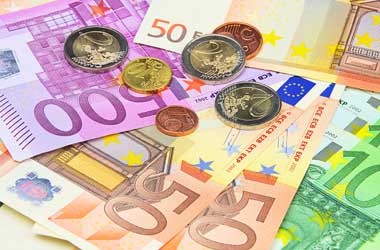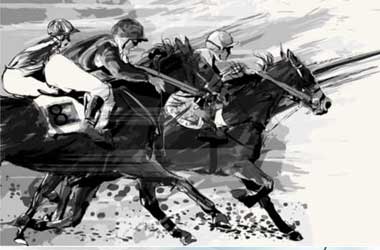A Brief Look at the Evolution of The Euro

On this page we take a brief look at how the Euro was born. We also track the history of the Euro. We also take a quick look at how the Euro came to be used in online casinos and today, even mobile casinos.
The Early Days of the Euro
While the idea of a common currency like the Euro had been around since the 1960s, a concept of that nature had been discussed decades earlier. Gustav Stresemann had actually brought up the need for a common European currency as early as in 1929 in the League of Nations. Nothing much came of it at that time, because people were still coming to terms with how the Latin Monetary Union – a union that had in it France, Switzerland, and also Belgium – had fared. It had been started with much fanfare and come crashing down after World War I.
The first time a serious attempt was made to create a common European currency was in 1969 thanks to steps taken by the European Commission. The European Council then met at The Hague in the December of 1969. After some upheaval, the European Monetary System was initiated in 1979 in the month of March. The EMS effectively paved the way for the Euro, by first fixing exchange rates for the European Currency Unit and then forming the European Monetary Cooperation Fund.
February 1986 saw the formalization of political cooperation between countries in the European Community with the passing of the Single European Act. The drilling down to the details for monetary cooperation – something that the Euro would help bring about – began in Hannover on 14th June 1988 with the start of the European Council Summit. The main opposition to the Euro was for a long time from the UK, with countries like France and Italy backing it.
The Euro Makes its Debut
Between 1986 and the final launch of the Euro in 1999, there was much behind the scenes drama and politicking. Commitment to the European Monetary Union from Germany was leveraged by France agreeing to support the reunification of Germany, a move it had vehemently opposed along with the UK, in 1989.
On 1st July, 1990, another significant step was taken with the taking out of exchange controls and the freeing up of the transfer and movement of capital in the European Community. The next major step was the signing of the Maastricht Treaty on 7th February, 1992. With this treaty the agreement on formation and use of one currency across Europe except for the UK was initiated, a move that was expected to be completed by January 1999.
On the midnight of 1st January, 1999, the Euro was introduced for the first time. At this point it was just virtual currency; there was no hard currency or coins. On this date technically, the individual currencies of the participating countries of Europe became non-functional. It was not possible, of course, to get rid of the older coins and notes in a single day; so they were allowed to be used as legal tender till the actual Euro coins and notes were printed and released. The official Euro hard currency was released on 1st January 2002.
euronews
The Euro at Online Casinos
Here is a fun and significant statistic that you may already know – the first online casinos did not offer the Euro as a currency for transaction! The reason of course was simple – the Euro did not exist as a valid currency back in 1994 when the first online casino was launched. The Euro was launched as hard currency only in 2002, though the soft launch had been done back in 1999. This meant that the Euro came to be offered as a valid currency for transacting at online casinos only from 2002.
Today, the Euro is used by more than half the European countries – 19 out of the 28 countries use it. These countries form together what is called the Eurozone, and the countries that are members of the Eurozone are:
- Austria
- Belgium
- Cyprus
- Estonia
- Finland
- France
- Germany
- Greece
- Ireland
- Italy
- Latvia
- Lithuania
- Luxembourg
- Malta
- Netherlands
- Portugal
- Slovakia
- Slovenia
- Spain
There are a few countries that are not part of the Eurozone; these are:
- United Kingdom
- Sweden
- Denmark
- Czech Republic
- Poland
- Bulgaria
- Croatia
- Hungary
- Romania
Members of these countries that are not part of the Eurozone can make payments at online casinos accepting them in their individual currencies. Players from Eurozone member countries have the luxury of making payments in Euros. This makes transacting at the casino easier, as there is no need for currency conversion should the casino not be accepting a local country currency.
The Rise of the Euro at Online Casinos
Initially, the Euro was a currency that was used a bit circumspectly, as you would imagine; that is how all things new usually fare. However, from those humble beginnings the Euro has come a long way today. Studies show that it is today the most popular online casino currencies in use today. Over the years, it has surpassed the formidable US Dollar as the most preferred and used currency for transaction at these casinos.
There have been a number of factors contributing to this rise, not the least of which is the passing of the Unlawful Internet Gambling Enforcement Act (UIGEA) in the USA in 2006. This resulted in the second most critical factor for the rise of the Euro: the passage of the UIGEA made a large number of casino operators move out of the USA and shift focus to the European market. With the Euro being the prevalent currency in most European countries, it is only natural for its popularity to increase.



